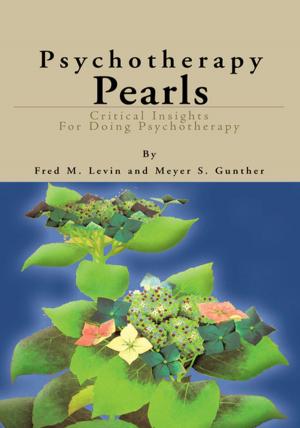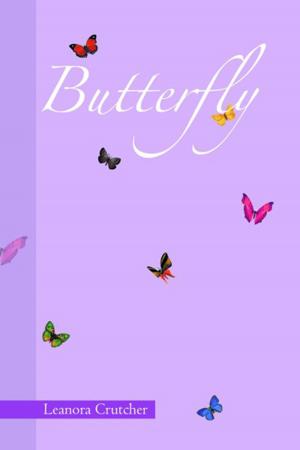| Author: | Karolyn Francoise Verville | ISBN: | 9781469165462 |
| Publisher: | Xlibris US | Publication: | February 22, 2012 |
| Imprint: | Xlibris US | Language: | English |
| Author: | Karolyn Francoise Verville |
| ISBN: | 9781469165462 |
| Publisher: | Xlibris US |
| Publication: | February 22, 2012 |
| Imprint: | Xlibris US |
| Language: | English |
This program is designed to complement the natural sciences. Scientific concepts, while usually can be defined by specific criteria and procedures for classification, tend to look for inert information instead of dynamic information. This dynamism is what we promote here. That blood is red or that water is colorless are given knowledge that hardly encourages questioning or reflection. But lets suppose that it provides more information about the actual conditions of observation: it is said that the blood is red under the naked eye or that water is colorless in small quantity. Suppose also that in this case students are aware that what is true in parts need not be true for the whole, and vice versa. These students can be motivated to reflect and ask if blood continues to be red under a microscope or if water is without color in large quantities. In other words, to lead reflection with practice is what enhances the thinking abilities that should be inculcated in Lets Think about nature and these thinking skills cannot be achieved without a certain philosophical curiosity. There are several thinking abilities generated by philosophical questioning and transmitted to other disciplines through reading, writing, oral expression and the ability to pay attention. Heres some of them: providing reasons; asking questions; reasoning with matrices; inductive and deductive reasoning; causal thinking; standardization; immediate inferences; hypothetical reasoning; making inference; formation of concepts; discovery of assumptions; classification; description; realization of distinctions. instantiation; finding similarities; recognizing the relationship between part and whole and mean-end; argumentation; discriminative meanings; making comparisons; acknowledging ambiguities; defining; telling stories, etc. It would be quite exhausting to enumerate all the thinking skills and mental abilities promoted by philosophical questioning in the natural sciences, but these few are sufficient to give a general idea of how Lets Think About Nature can promote the development of children.
This program is designed to complement the natural sciences. Scientific concepts, while usually can be defined by specific criteria and procedures for classification, tend to look for inert information instead of dynamic information. This dynamism is what we promote here. That blood is red or that water is colorless are given knowledge that hardly encourages questioning or reflection. But lets suppose that it provides more information about the actual conditions of observation: it is said that the blood is red under the naked eye or that water is colorless in small quantity. Suppose also that in this case students are aware that what is true in parts need not be true for the whole, and vice versa. These students can be motivated to reflect and ask if blood continues to be red under a microscope or if water is without color in large quantities. In other words, to lead reflection with practice is what enhances the thinking abilities that should be inculcated in Lets Think about nature and these thinking skills cannot be achieved without a certain philosophical curiosity. There are several thinking abilities generated by philosophical questioning and transmitted to other disciplines through reading, writing, oral expression and the ability to pay attention. Heres some of them: providing reasons; asking questions; reasoning with matrices; inductive and deductive reasoning; causal thinking; standardization; immediate inferences; hypothetical reasoning; making inference; formation of concepts; discovery of assumptions; classification; description; realization of distinctions. instantiation; finding similarities; recognizing the relationship between part and whole and mean-end; argumentation; discriminative meanings; making comparisons; acknowledging ambiguities; defining; telling stories, etc. It would be quite exhausting to enumerate all the thinking skills and mental abilities promoted by philosophical questioning in the natural sciences, but these few are sufficient to give a general idea of how Lets Think About Nature can promote the development of children.















